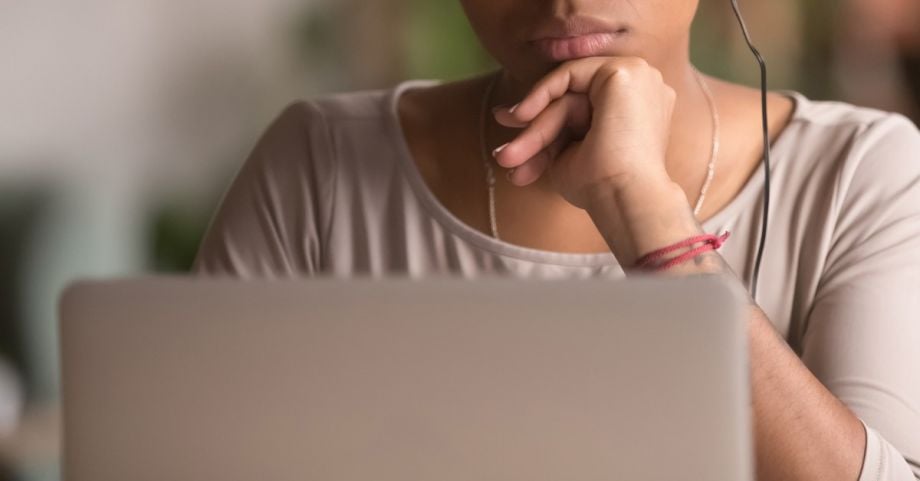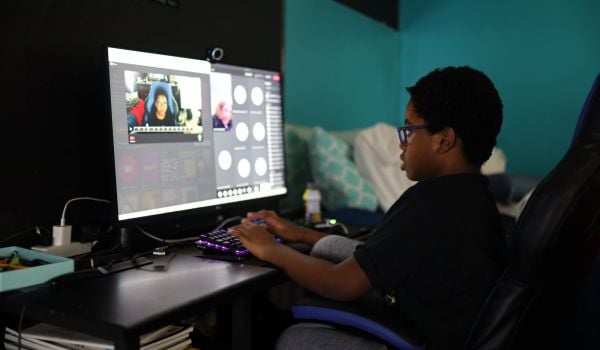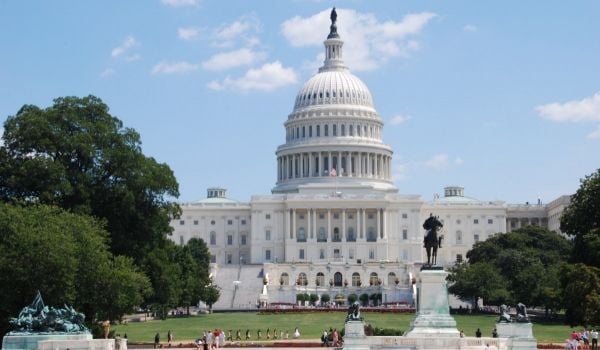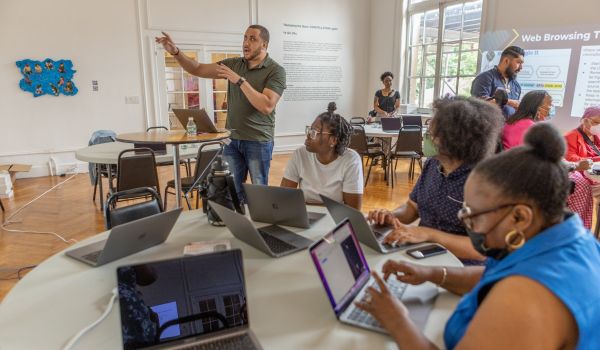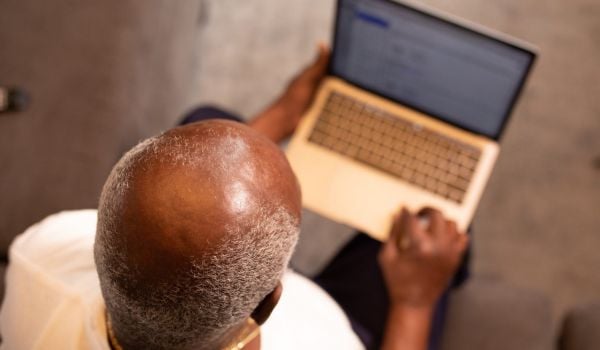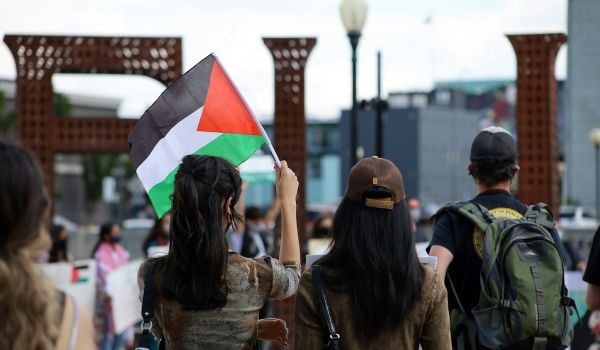When COVID-19 ceased in-person schooling, there were about 2,500 families within Colorado Springs School District 11 without a broadband internet connection at home, meaning 10 percent of the student body couldn’t easily switch to remote learning.
As the district scrambled to address the digital divide — setting up hotspots and boosting the school’s wi-fi signals so kids could use the internet in parking lots — they also began a conversation with the Austin-based fiber infrastructure company Underline. Underline was working with the city of Colorado Springs an open-access fiber network across the city. Such a network could directly address the lack of service for those families, as well as address the city’s larger digital divide.
The first step to making that network a reality happened this October, when Colorado Springs took the first steps to hosting the country’s first true open-access community fiber network. “Imagine a student sitting in their kitchen and they’ll get the same high-speed access that they would enjoy in the school,” says John McCarron, the district’s assistant superintendent and chief information officer. “They’d have access to all the educational resources and curriculum through District 11.”
It’s an exciting possibility for infrastructure that’s only just gaining traction in the United States, due to challenges by major corporations. “People in this country are finally talking about open access fiber as a concept,” says Underline founder and chief executive officer Bob Thompson.
Underline is bringing “truly competitive open access” to Colorado Springs by building new internet fiber lines and inviting multiple independent providers to run services on the network. For residents who become customers of Underline, they select their speed and service provider through the company. Underline will charge users directly on a monthly basis for connectivity, with their chosen ISP getting a portion of that cost.
The network will be privately funded, according to Thompson, and requires no city funding or other public investment. While Underline is going through the standard permitting process with Colorado Springs Utilities, there’s no installation obligation on the part of the city. To Underline, the city’s growth, business climate and reputation as a center of the cybersecurity industry promised enough built-in business.
There are several benefits to the model: it’s easier for small and new companies to enter the market without facing the high costs of building their own network; consumers then have more choice beyond what major corporations offer. Underline makes it easy to switch from one service provider to another, and also provides a unified billing experience to increase payment transparency.
Prices will range from $49 a month to $295 a month for different levels of service, starting at starting at 500/500 Mbps. For low-income families who qualify for Underline’s Opportunity program, the 500/500 Mbps plan will be available for $30 a month. “Even if a family is getting deeply discounted service from us, we will not provide them worse service than somebody will get if they pay the full rate,” Thompson says.
Beyond providing those affordable rates, Underline is working with District 11 to address the needs of low-income students as remote learning becomes a mainstay alongside in-person classes. Underline plans to enable a private network for the district that rides on top of the open-access fiber network and students can eventually access from home. Through that technology, students can easily access curriculum, resources and learning materials. It also enables the district to keep the network secure by putting in parental controls on which sites students can access.
“We’ll be testing, from a technology standpoint, to see how we can secure private and proprietary information on the network, while also leveraging the network to meet current needs of students,” says McCarron. The school plans to wrap up its “proof of concept” testing and have network connectivity with Underline in place by March 2022.
The next phase, according to McCarron, “is identifying neighborhoods, schools and families in the National School Lunch Program, and seeing how we can bring the access necessary to apartment complexes and individual homes.” That will be followed by a pilot to see how the service works inside those homes, before potentially expanding to students across the district.
This pilot will take place as Underline builds out its first phase of fiber infrastructure in Colorado Springs, enough to serve 24,000 homes and 4,000 businesses. Thompson hopes this network can be a model for implementation in other mid-sized cities struggling to address their digital divides.
“We can’t have portions of the country just fall behind because these communities lack critical infrastructure,” he says. “We’re looking to change the dialogue of how private companies and innovators partner with communities to solve these kinds of problems.”
Editor’s note: We’ve corrected the pricing range for Underline’s service as well as clarified the lowest level of service available.

Emily Nonko is a social justice and solutions-oriented reporter based in Brooklyn, New York. She covers a range of topics for Next City, including arts and culture, housing, movement building and transit.
Follow Emily .(JavaScript must be enabled to view this email address)

